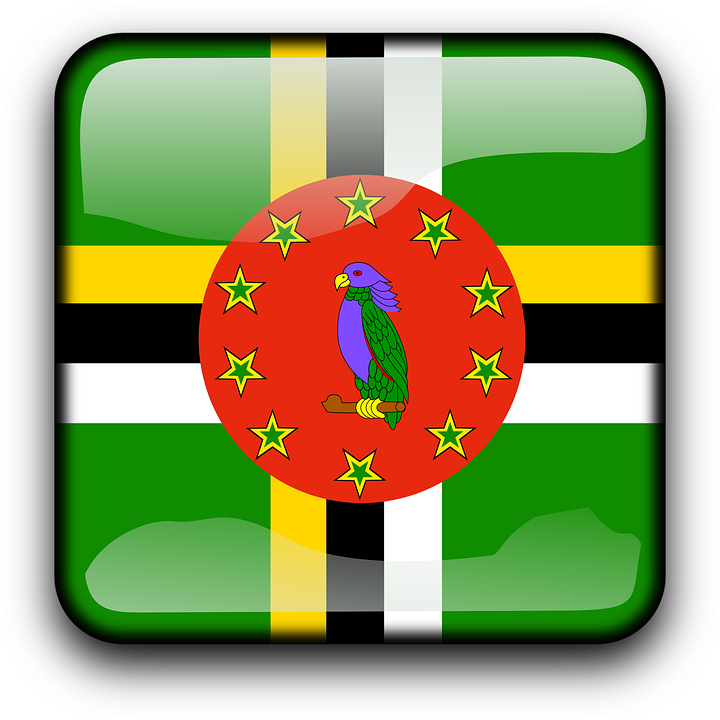Offshore Companies / IBCs in Dominica – 2025 Guide
For decades, International Business Companies (IBCs) have been a key tool for entrepreneurs and investors seeking tax efficiency, asset protection, and international business flexibility. Dominica was once a popular jurisdiction for offshore IBCs, providing foreign investors with a low-cost, confidential, and tax-efficient corporate structure.
However, the landscape has changed. As of 2025, Dominica no longer offers traditional offshore IBCs. Investors must now establish Dominica local companies under domestic legislation, which come with full compliance, taxation, and reporting obligations.
Despite this shift, offshore-style companies remain available in several other jurisdictions, making it possible to achieve similar benefits under modern international standards.
1. What Was an IBC in Dominica?
An International Business Company in Dominica allowed non-residents to:
- Operate businesses outside Dominica
- Enjoy zero corporate taxation on foreign-sourced income
- Benefit from confidentiality and limited reporting obligations
- Hold assets, manage investments, or conduct international trade efficiently
Traditional IBCs were fast to incorporate, flexible, and largely exempt from domestic taxation — a reason they became popular among global investors.
2. Current Status of Offshore / IBCs in Dominica
Key Changes:
- Dominica no longer issues classic offshore IBCs
- Non-residents can only register local companies
- Local companies must comply with full domestic regulations, including accounting, reporting, and taxation
- Beneficial ownership must be registered with the government
- Registered agents and local directors may be required for certain company types
This means that while Dominica is still open for international investors, the traditional tax-free, no-substance IBC model is no longer available.
3. Taxation & Financial Reporting for Dominica Local Companies
Non-resident companies incorporated in Dominica now follow domestic rules:
- Corporate Tax: Local companies are taxed according to the domestic tax code. Taxes apply on worldwide income in certain cases.
- Economic Substance / Local Presence: Companies may be required to maintain local records or meet minimal substance obligations if doing business in Dominica.
- Financial Reporting: Companies must maintain internal accounting records and file annual returns with the registrar.
- Beneficial Ownership: Registered information must be reported to the authorities, in line with global anti-money-laundering standards.
Essentially, Dominica has shifted from a traditional offshore haven to a jurisdiction that requires full regulatory compliance.
4. Alternative Jurisdictions for Offshore-Style IBCs in 2025
For investors seeking tax-efficient and flexible offshore structures, several other jurisdictions continue to provide IBCs with modern compliance standards:
1. British Virgin Islands (BVI)
- Tax: 0% on foreign-sourced income
- Advantages: Strong legal framework, widely recognized, popular for holding companies
2. Cayman Islands
- Tax: 0% corporate tax on foreign income
- Advantages: Ideal for funds, finance, and investment structures
3. Belize
- Tax: 0% on foreign-sourced income
- Advantages: Fast incorporation, affordable, simple compliance
4. Seychelles
- Tax: 0% foreign-sourced income
- Advantages: Popular for international trading and holding companies
5. Bahamas
- Tax: No corporate tax on international income
- Advantages: Stable financial environment, good for asset holding
6. Nevis
- Tax: 0% on foreign-sourced income
- Advantages: Strong privacy and asset protection rules
7. Panama
- Tax: Territorial system; foreign-sourced income exempt
- Advantages: Robust banking, international reputation, treaty networks
8. Anguilla
- Tax: 0% on foreign income
- Advantages: Flexible IBC structure, easy incorporation
9. Mauritius
- Tax: 0–15% depending on entity type
- Advantages: Mid-shore jurisdiction with treaty benefits, strong banking sector
5. Choosing the Right Jurisdiction in 2025
When considering an offshore IBC, focus on:
A. Business Type
- Trading? → Belize, Seychelles, Anguilla
- Holding/Investment? → BVI, Cayman, Nevis
- Fund / Financial Structure? → Cayman, Mauritius
- International services / e-commerce? → Panama, Belize, Seychelles
B. Banking Needs
- Traditional banking → Panama, Cayman
- High-risk or fintech → Mauritius, BVI
C. Budget and Fees
- Affordable → Belize, Seychelles
- Premium / high-reputation → BVI, Cayman, Mauritius
D. Compliance & Reputation
- Minimal obligations → Belize, Seychelles, Anguilla
- High transparency & long-term stability → BVI, Cayman, Panama, Mauritius
6. Modern Offshore IBCs: Key Takeaways
- Dominica no longer offers offshore IBCs; only local companies are available for non-residents
- Offshore-style companies are still viable in multiple jurisdictions, provided modern compliance standards are met
- Today’s IBCs require KYC, beneficial ownership reporting, and sometimes economic substance
- Proper planning, professional advice, and working with licensed corporate service providers are essential
For entrepreneurs and global investors, IBCs remain a powerful international business tool, but success depends on understanding local regulations, selecting a reputable jurisdiction, and maintaining full compliance.
********
If you wish to register an offshore companies our team will be happy to help you there and provide you with more detailed information, you can contact us at [email protected]


